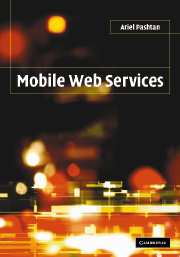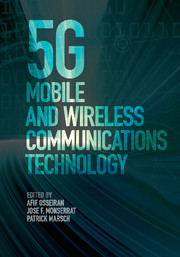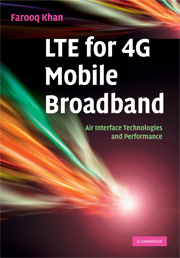Mobile Web Services
Mobile Web services provide access to Web content anywhere and anytime. This book describes key network elements, software components, and software protocols needed to realize these services, including the concept of user context and its potential to create personalized services. Examined mobile Web functions include location representation and tracking, security schemes, content personalization approaches, privacy mechanisms, and XSLT processing for browser content generation. The author reviews the WAP and i-mode architectures, latest mobile phone features, and describes key aspects of browser mark-up languages (WML, cHTML, and XHTML MP). Ontology concepts to enable the wireless Semantic Web are described and this book puts forward a novel definition and categorization of mobile user context in RDF Schema. An elaborated case-study of a mobile network with code samples in XML and Java is included. The book is intended for wireless Web architects, network managers, and graduate students in electrical engineering and computer science.
- Describes clearly which network elements, software components, and software protocols are needed to implement a mobile web service
- Contains practical code examples in Java and XML
- Includes a detailed case study that illustrates mobile web service implementation in practice
Reviews & endorsements
'The book is written in easy, understandable English, with many valuable pictures visualizing the content of the book. There are a lot of good source code examples complementing the content of the book. Each chapter ends with references and supplemental reading related to the content of the chapter. I would recommend the book for students interested in wireless services and networks, mobile network managers, and as a good introduction to the subject for engineers interested in designing Web services in wireless networks.' IEEE Communications Magazine
Product details
April 2005Hardback
9780521830492
284 pages
253 × 180 × 23 mm
0.716kg
5 b/w illus.
Available
Table of Contents
- 1. The wireless web landscape
- 2. Wireless system architecture
- 3. Wireless terminals and wireless content
- 4. User mobility and location management
- 5. Wireless network security
- 6. Personalization and privacy
- 7. Ontologies and RDF Schema
- 8. Ontology of mobile user context
- 9. XSLT for web content presentation
- 10. Mobile web network
- 11. Context-aware tourist information system.





